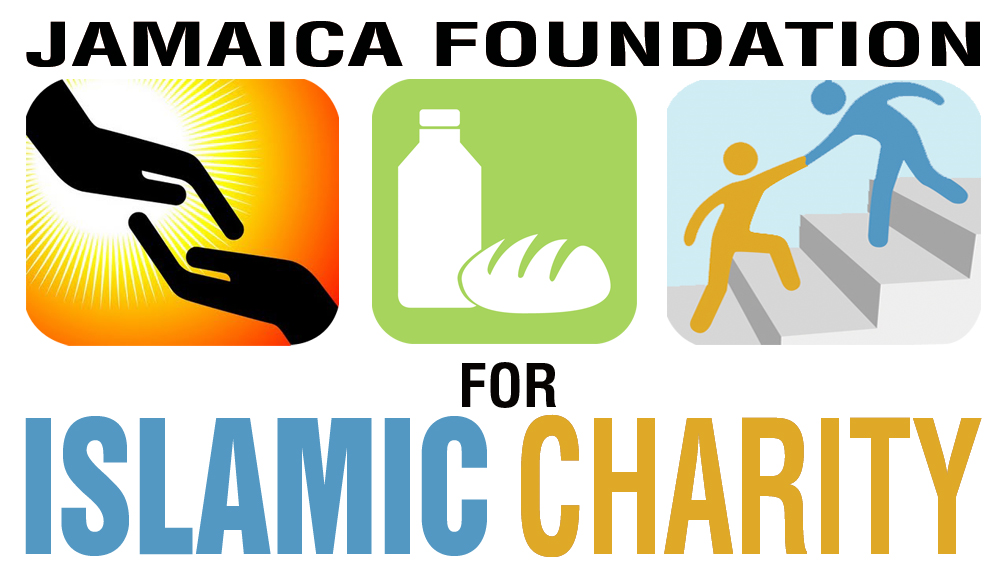Zakat
Zakat is one of the major religious duties in Islam. Literally, zakat means to “purify”. It refers to the purification of a believers’ wealth and soul. Wealth purification denotes the mobilization of assets for the purpose of financial growth and justified distribution. Purification of the soul implies freedom from hatred, jealousy, selfishness, uneasiness
Zakat is a fixed proportion collected from the surplus wealth and earnings of a believer. It is then distributed to prescribed beneficiaries and for the welfare as well as the infrastructure of a society in general. This contribution is made payable by a Muslim once every year.
Zakat is paid on the net balance after a Muslim has spent on basic necessities, family expenses, due credits, donations
Zakat has a deep humanitarian and social-political value. This religious act prevents the hoarding of wealth and advocates solidarity with humanity because excessive wealth is distributed among the poor. The paying of zakat also helps purify one’s soul and encourages a person to have gratitude towards God’s bounties.
Zakat is mentioned along with Salat (prayer) in 30 verses of the Quran. It was first revealed in Surah 73:20;
“…. and establish regular prayers and give regular charity; and loan to God a beautiful loan. And whatever good ye send forth for your souls, ye shall find it in God’s presence, Yea, better and greater in reward and seek ye the grace of God: for God is oft-forgiving, Most Merciful.”
Conditions for Zakat
Several conditions must be fulfilled before zakat can be paid. These conditions are necessary as zakat can only be applied on those who are of legal age and who own enough assets. These conditions are categorized into two broad categories, namely performer and asset.
Every Muslim who is of a certain age and owns enough assets is required to pay zakat.
Zakat Asset (Full Ownership) – A Muslim will only be required to pay zakat if he or she has full and legal ownership of an asset. Zakat is payable only on those assets that are acquired for the purpose of creating or generating wealth. Some examples of this type of assets are livestock or crops that are traded or sold, inventory of goods used for trading, and investments such as gold or securities that have
Assets that exceed a minimum value – Zakat need only be paid on those assets that exceed a minimum value. This minimum value is calculated based on the market price of 85 grams of gold or 595 grams of pure silver. This minimum value is termed Nisab. The Islamic Fiqh and Research Councils, as well as Jumhur (majority) of
The current Nisaab for Jamaica is JMD$50,000.
Completion of
Beneficiaries of Zakat
The Holy Quran (9:60) classifies the due recipients of zakat under the following eight categories.
“Zakat is for the poor, and the needy and those who are employed to administer and collect it, and the new converts, and for those who are in bondage, and in debt and service of the cause of God, and for the wayfarers, a duty ordained by God, and
Zakat can only be distributed to any of the eight eligible beneficiaries (
- The poor (Faqir/Fuqara) – Those without any means of livelihood and material possessions.
- The needy (Miskeen) – Those without sufficient means of livelihood to meet their basic necessities. For instance, those who, although may have a job, a house and a car, but whose income is below the minimum requirement.
- The administrators of zakat (Amil) – Those appointed to manage and administer zakat. This category is sub-divided into the following categories:
– Those who collect the Zakat money.
– The accountant of the Zakat money.
– The administrator, manager, clerical worker or secretary who puts the files in order.
– Those who handle Zakat distributions.
– The auditor who audits overall Zakat management and administration.
– Those who go out to the society and determine those who fall into Fuqara and Miskeen categories.
- The sympathizers (Muallaf-at-Quloobuhum) – Those whose hearts are inclined towards or have accepted Islam.
- To free slaves (Riqab) – Zakat can also be used to free slaves or captives.
- Those who are in debt (
Gharimin ) – Zakat can be used to pay off the debts of a person who has borrowed to pay for basic necessities so that he/she can lead a normal life. Zakat can also be distributed to those in financial difficulties e.g. bankruptcy due to the loss of employment and heavy debt.
- For the cause of God (Fisabillillah) – Zakat can be used to finance any form of struggle or work for the love of God. The following examples fall under this category, e.g. Da’wah; building & developing society’s infrastructure; defending Muslims, who are being oppressed; assisting poor travelers and sponsoring a student’s educational expenses.
- Those who are stranded during a journey (Ibnus Sabil) – Zakat can also be used to help a traveler facing difficulties in continuing his journey due to reasons such as loss of money or the breakdown of his vehicles, the repair of which he cannot afford.
Want To Calculate Your Zakat?
Jamaica Foundation for Islamic Charity
P.O. Box 100, Half Way Tree Post Office
Kingston 8, Jamaica
Telephone :
1-876-310-8100/ 1-876-402-4291
Fax : 1-876-908-0328
E-mail Address : jamaicaislamiccharity@gmail.com

